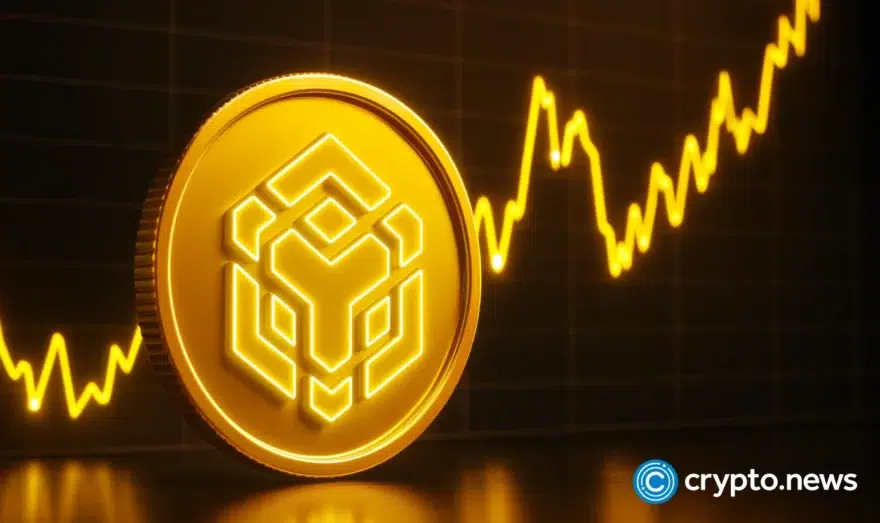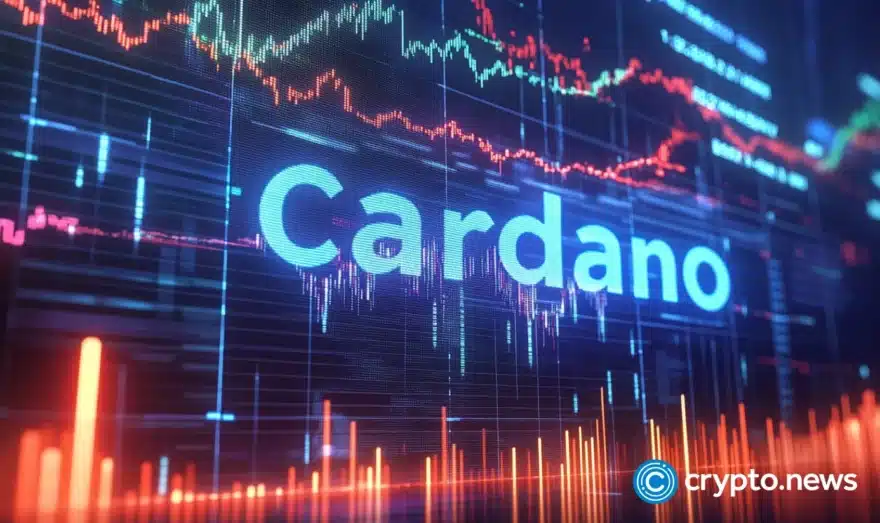‘Sell,’ warns Michael Burry, ‘don’t,’ says Jim Cramer

Right before the US Federal Reserve’s interest rate decision today, renowned investor Michael Burry, of “Big Short” fame, wrote a chilling warning that sent shockwaves through the financial markets and beyond.
In a single-word tweet, Burry said, “Sell,” leaving many bitcoin (BTC) and crypto investors in a state of panic.
With the crypto market still emitting bullish signals, many wonder if Burry’s warning signifies a looming crash. Some users took to Twitter to express their opinions:
While Burry has tinted towards a bear market, Jim Cramer, a prominent host at CNBC network, believes we may already be in a bull market.
“If we’re in a bull market, and I think we are, you have to prepare yourself.”
Jim Cramer
Amid these contrasting opinions, in which direction will the market move? Moreover, why is marketing going bonkers over Burry’s tweet? Let’s find out.
Who is Michael Burry?
Dr. Michael Burry earned his nickname “The Big Short” thanks to his prescient bet against the subprime mortgage market in 2007.
His gamble paid off, earning him a reported $700 million profit. Burry, a physician-turned-investment manager, founded his hedge fund Scion Capital in 2000.
He was one of the first investors to spot the looming danger of a catastrophic collapse in the subprime housing market and to stake a bold bet against it.
By purchasing credit default swaps on mortgage-backed securities, Burry identified the inherent risks associated with subprime mortgages and bet against the housing market. The gamble paid off big time. At the housing market’s peak, Burry had gained an estimated $700 million in profits.
His success has inspired investors worldwide, and his story was immortalized in the 2010 book “The Big Short” and the 2015 movie of the same name. The movie details the financial crisis of 2008 and Burry’s impact on it.
Why could Burry’s recession call be an alarm?
Michael Burry is one of the most controversial figures in finance, and his track record for forecasting recessions has made him the stuff of legend.
The fear of Burry’s recession lies in the fact that he typically takes contrarian positions, which often go against the grain of what the majority of investors are doing.
This means that when he calls a recession, there is a real chance that the markets could suffer significant losses.
Furthermore, Burry is known for taking large and often leveraged positions, which can amplify the potential losses if he is right and the markets crash.
This fear of the unknown and the potential for huge losses makes Burry’s recession calls so feared by many.
The curious case of Jim Crammer
Jim Cramer, the financial commentator and host of CNBC’s “Mad Money,” is optimistic about the market, urging investors to see any drops as opportunities to buy on a dip.
Paired with strong corporate earnings and soft inflation data, Cramer believes this bodes well for high-quality stocks, cautioning against betting against the market.
His advice? Take advantage of dips and stay optimistic as long-term stock prospects remain bright.
However, Cramer has been under fire many times for his wild, showy, and often unpredictable investment advice. He’s been accused of pandering to viewers with advice that’s more flashy than reliable.
Additionally, his high-risk, speculative investing style has been criticized, as these investments rarely lead to long-term success.
Moreover, is close ties to Wall Street insiders have raised eyebrows, as he’s believed to use his influence to give fellow investors the upper hand.
Fed will announce interest rates today
At 2 p.m. Eastern today, the Fed Is set to decide where to take interest rates, with most anticipating a quarter-point hike. Following the decision, Chair Jerome Powell will hold a press conference at 2:30 p.m. to outline the central bank’s plan for further rate adjustments.
The Fed’s interest rate decisions could determine the direction of the markets in the near future. If the Fed increases rates, it might lead to a bearish market, while if the Fed cuts rates, it could lead to a bullish market.














